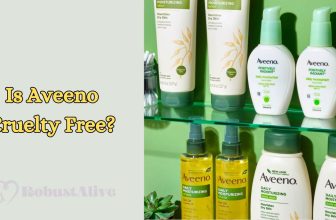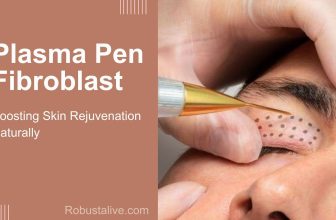Does Aloe Vera Gel Expire? A Comprehensive Guide to Shelf Life and Storage Tips
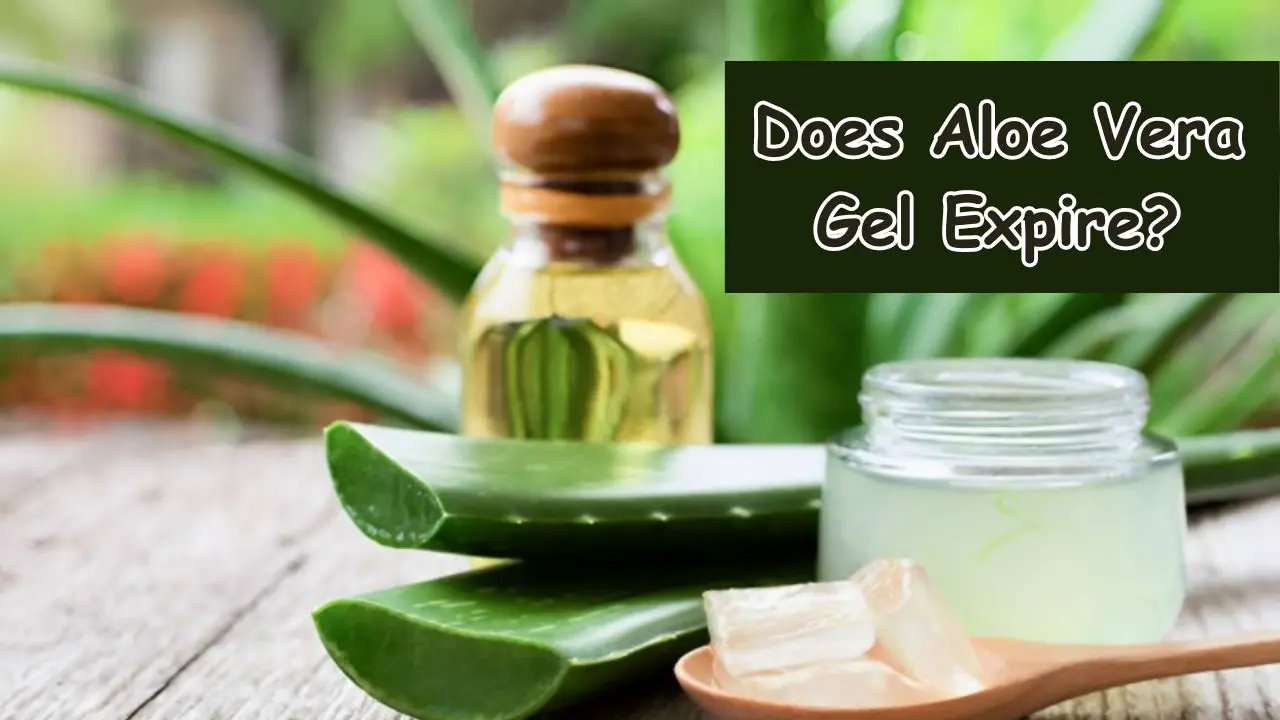
Aloe Vera gel is a beloved skincare and health product that many of us keep in our homes.
But, does aloe vera gel expire?
Yes, aloe vera gel can expire. Homemade gel lasts 1-2 days at room temperature, 5-10 days in the fridge, and up to 8 months when frozen. Packaged gel can last 2-3 years (check the label). Aloe vera gel capsules last about 5-6 years when stored in a cool, dry place. Always check expiration dates for safety.
This article explores aloe vera gel’s shelf life storage and signs it’s time to replace it.
Does Aloe Vera Gel Expire?
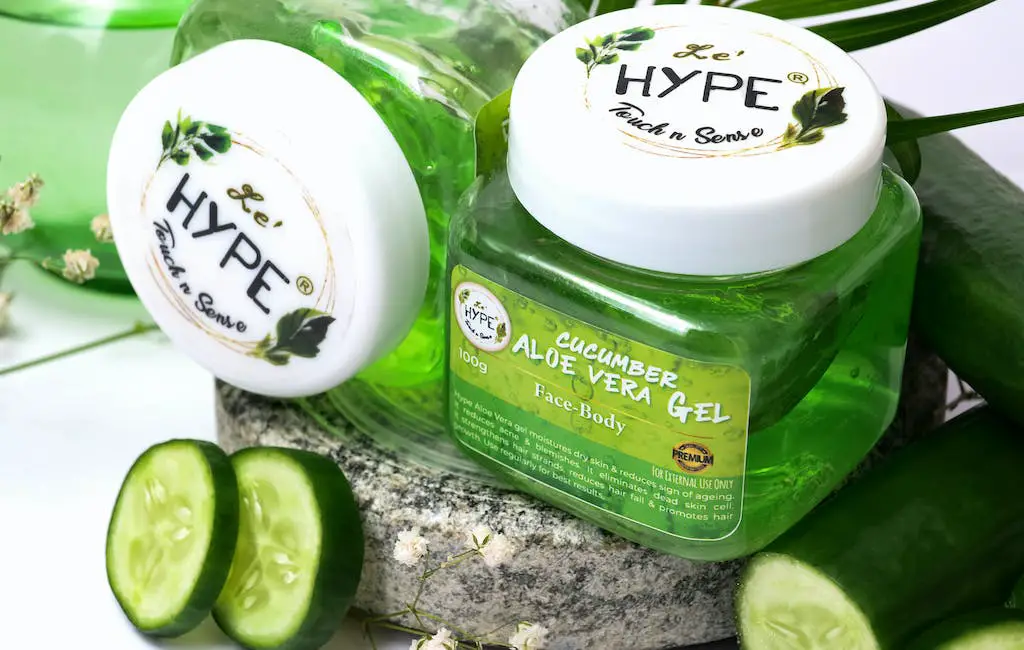
Aloe vera gel does indeed have an expiration date, and the shelf life can vary depending on whether it’s homemade or commercially packaged.
| Type of Aloe Vera Gel | Shelf Life and Storage |
| Homemade/Fresh | 1-2 days (room temperature), 5-10 days (refrigerated), up to 8 months (frozen) |
| Packaged | Up to 2-3 years (check label for specific shelf life) |
| Aloe Vera Gel Capsules | Approx. 5-6 years, store in a cool, dry place |
Homemade Or Fresh Aloe Vera Gel
When fresh aloe vera gel is extracted from the plant at home, it remains pure without any additives. However, this purity comes with a drawback – its shorter shelf life. If stored at room temperature, it can expire within just one to two days.
On the other hand, refrigerating it can extend its shelf life to approximately five to ten days, depending on factors like temperature and container quality. When properly frozen and stored, it can last up to two weeks and sometimes even as long as eight months.
Packaged Aloe Vera Gel
Commercially packaged aloe vera gel products often include preservatives and additives to extend their shelf life. The presence of these substances allows such products to remain usable for up to two to three years when stored correctly.
To determine the exact expiration date and understand proper storage requirements, it is important to examine the product label carefully.
Additionally, aloe vera gel in capsule form typically boasts an even longer shelf life, lasting around 5 to 6 years.
Always check the expiration date on packaged products and consider the storage conditions for homemade gel to maximize its freshness.
How do I know If My Aloe Vera Gel Is Real?
- To ensure your aloe vera gel is real and pure, look at the ingredients list.
- Make sure aloe vera leaf juice is listed as the first ingredient, not water or aloe vera “extract.” The higher up on the list, the more concentrated the aloe vera is in the gel.
How to Know If Aloe Vera Expired?
To determine if your aloe vera gel has expired, you can rely on your senses and a few visual cues:
- Change in Appearance: Expired aloe vera gel might lose its transparency and become cloudy or develop an off-color like pink, red, or purple. The fresh gel should remain clear or have a golden hue.
- Unpleasant Smell: Give it a sniff. If your aloe vera gel emits a sour or unusual odor instead of the typical mild aloe scent, it’s likely gone bad. However, note that some store-bought gels with preservatives might not smell bad even when expired.
- Mold and Particles: Check for any visible mold growth or foreign particles within the gel. These are clear signs of expiration and contamination.
- Change in Texture: If the gel has become runny or no longer absorbs into your skin as easily as it used to, it’s a sign that it may have expired.
- Expiration Date: Always check the expiration date if available. If it’s past the indicated date, it’s safest to discard it.
How To Preserve And Store Aloe Vera Gel?
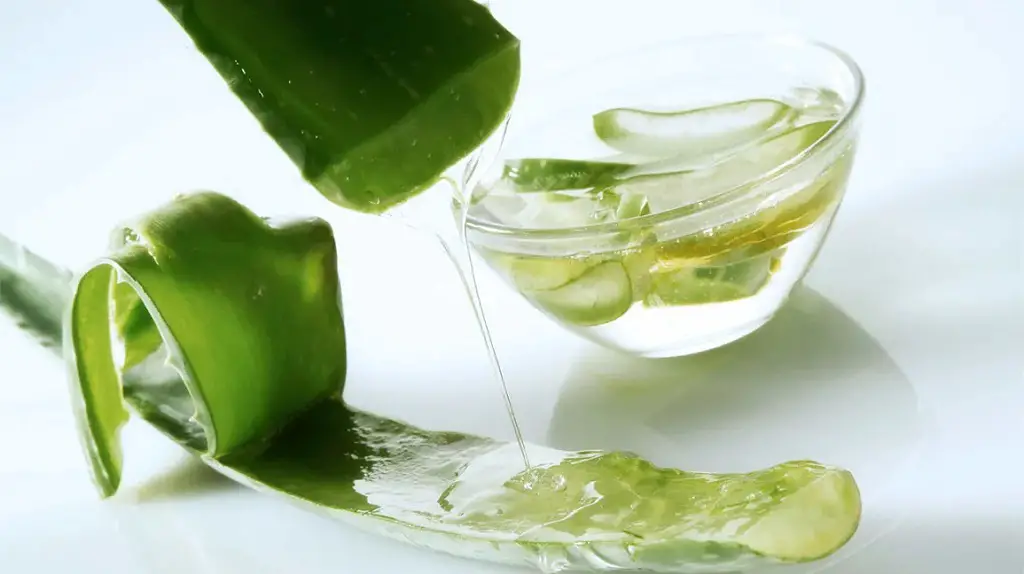
To store aloe vera gel and keep it fresh for a longer period of time, whether it’s store-bought or freshly extracted from a plant, follow these steps:
Freeze The Aloe Vera Gel
Freezing aloe vera gel is a straightforward method. Portion the gel into ice cube trays and freeze it. After freezing, transfer the cubes into a freezer bag or an airtight container.
When you need them, simply take out as many cubes as required and allow them to thaw at room temperature.
It’s important to avoid refreezing the cubes because doing so can affect the consistency and effectiveness of the gel.
Refrigeration
To extend the freshness of aloe vera gel, it can be stored in an airtight container and placed in the refrigerator. This method preserves its quality for several weeks. It’s important to check the expiration date on the bottle before using the gel in beauty recipes or applying it to your skin.
If using fresh aloe vera gel from the plant, use it within a week since it lacks preservatives.
Protect From Sunlight
Aloe vera gel should be shielded from direct sunlight to prevent rapid drying. Store it in a cool, dark place or in the refrigerator.
Many commercial aloe vera products are packaged in opaque or dark-colored containers to extend shelf life. Sunlight exposure can degrade the gel and reduce its effectiveness.
Add Water
To prevent evaporation and drying, simply add a few drops of water to the aloe vera gel. Ensure thorough mixing to eliminate any lumps that may form.
For future use, store this blended mixture in an airtight container or bottle and refrigerate it accordingly.
Use A Preservative
If you possess a large amount of aloe vera gel, it is advisable to consider incorporating a safe preservative such as vitamin C or vitamin E oil.
However, it would be prudent to consult your healthcare provider, particularly if your skin is sensitive or prone to acne.
A prepared formulation of aloe vera gel without added vitamins can be stored in the refrigerator for up to one week in an airtight container.
By adding vitamin C or E, its shelf life in the refrigerator can be prolonged to approximately two months.
Check Store-Bought Aloe Vera Gel
If using store-bought gel, follow any specific storage instructions and check the expiration date. In hot and sunny environments, consider refrigerating it to prolong its shelf life.
Following these guidelines will allow you to maximize the usability of your aloe vera gel, whether it’s purchased or freshly extracted, and fully enjoy its benefits for extended periods of time.
How To Store Fresh Aloe Vera Leaves?
If you have fresh aloe vera leaves, it’s advisable to wrap them in a damp towel or cotton cloth. This simple step prevents the leaves from drying out and losing their valuable healing properties.
For an even longer shelf life, you can store aloe vera leaves in a freezer bag and keep them in the freezer. By doing so, you can extend their freshness for up to eight months.
Can I Use Expired Aloe vera Gel On My Face Or Skin?
Using expired aloe vera gel on the skin is not advisable. When aloe vera gel surpasses its expiration date, it can lose its healing properties and potentially lead to skin irritation, redness, and other related issues.
To ensure optimal results and safety for your skin, it is recommended to utilize aloe vera gel within its recommended shelf life.
Alternatively, if accessible, applying fresh aloe vera directly from the plant is often deemed the most effective choice for maximizing benefits.
Can I Use Expired Aloe Vera Gel On My Hair?
Using expired aloe vera gel on your hair is not recommended. Expired aloe vera may lose its beneficial properties and could potentially lead to scalp irritation and other issues due to changes in its composition over time. It’s better to use fresh aloe vera gel for hair care.
Benefits And Uses Of Aloe Vera Gel
Aloe vera gel is indeed a versatile and beneficial natural product. Here are the key uses and benefits of aloe vera gel:
Benefits Of Aloe Vera Gel
- Skin Irritations: Aloe vera gel is renowned for its soothing properties. It has the capacity to alleviate skin irritations like sunburn, insect bites, and minor burns.
- Skin Conditions: It effectively manages various skin conditions such as eczema, psoriasis, neurodermatitis, and rosacea due to its anti-inflammatory and healing attributes.
- Hydration: Aloe vera gel serves as an excellent moisturizer by providing vital moisture and nutrients to the skin. Hence, it becomes an ideal option for individuals with dry skin.
- Acne and Pimples: It can be used to treat pimples and acne due to its antibacterial and anti-inflammatory effects.
- Anti-Aging: Aloe vera is used in anti-aging products because it promotes skin regeneration and helps maintain a healthy complexion.
Uses Of Aloe Vera Gel
- Direct Skin Application: You can apply aloe vera gel directly to the skin to soothe and heal minor wounds, sunburn, or small cuts. It leaves a protective film on the skin.
- Face Mask: Aloe vera gel serves as an excellent base for homemade face masks. It supports skin regeneration and provides moisture.
- Exfoliation: When mixed with oil and sea salt, it creates a gentle exfoliating scrub that removes dead skin cells and nourishes the skin.
- After-Sun Care: Aloe vera gel is ideal for treating sunburn by reducing redness, itching, and repairing damaged skin.
- Hair and Scalp: Aloe vera gel can be massaged into the scalp to soothe and moisturize it, promoting healthy hair.
Is There Fake Aloe Vera Gel?
Yes, there are counterfeit aloe vera gel products available. If your aloe vera gel smells sweet or has a strong alcohol scent, it likely contains artificial fragrances or additives.
Real aloe vera gel should have an earthy and garlicky smell.
Fake products with these additives can cause skin issues like breakouts and dryness. So, be cautious when choosing aloe vera gel.
Choosing High-Quality Aloe Vera Gel
- Natural Ingredients: Look for products with only natural ingredients and organic quality.
- Aloverose Content: Higher aloverose content in aloe vera juice indicates a higher concentration of vital substances, enhancing its effectiveness.
- Organic Cultivation: Aloe vera from controlled organic cultivation tends to have a better balance of active ingredients.
- Hand Processing: Hand-harvested and processed aloe vera retains more active ingredients than mass-produced alternatives.
- Origin Matters: Aloe vera from regions with seasonal temperature differences, like Andalusia, often has a higher aloverose content.
- Read the Label: To ensure your aloe vera gel is real and pure, look at the ingredients list. Make sure aloe vera leaf juice is listed as the first ingredient, not water or aloe vera “extract.” The higher up on the list, the more concentrated the aloe vera is in the gel.
Frequently Asked Questions (FAQs)
Is It OK To Use Expired Aloe Vera Gel?
Using expired Aloe Vera gel is not advisable. Spoiled Aloe Vera can potentially contain harmful bacteria or mold, which could lead to stomach issues if ingested or skin irritation if applied to the skin. It’s best to discard any Aloe Vera products that have passed their expiration date to avoid these risks.
Can I Use Expired Aloe Vera Gel On Sunburn?
Using expired aloe vera gel on sunburn is not recommended, as it may have gone bad and could potentially harm your skin. If the expiration date has passed, it’s safer to use fresh or pure aloe vera for soothing sunburn.
Can I Use Aloe Vera Instead Of Sunscreen?
Aloe vera isn’t a reliable replacement for sunscreen, which is specifically formulated to provide comprehensive protection against harmful UV rays. While aloe vera may offer some soothing properties, it lacks the necessary sun-blocking capabilities.
Conclusion
In conclusion, aloe vera gel does expire, with variations depending on whether it’s homemade or packaged. Homemade gel has a shorter shelf life, while packaged versions can last for years.
To ensure effectiveness, always check the label for expiration dates and signs of spoilage, like changes in appearance, smell, texture, or the presence of mold.


